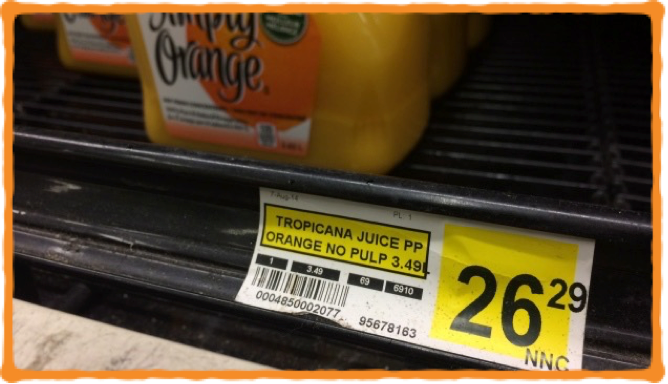Written by: Carly Gardner, Helena Farrulla Raymond Acebo, Sappire Giberson, Dustin Bortoluzzi and Jennifer Bailey
Food Insecurity: In our own backyard?
We live in a world where billions of lives intertwine with one another in a complicated web of connections. From the buzzing city of New York to the rich traditional sights of rural China, we must ask ourselves: “How can we, as global citizens, contribute to the global community?” The International Development Speaker Series provides an amazing opportunity to help YOU contribute to our growing community. We invite all members of the Waterloo community to join us as knowledgeable speakers share their experiences of working in the field.

The Documentary
Food insecurity occurs when “the availability of nutritionally adequate and safe foods or the ability to acquire acceptable foods in socially acceptable ways is limited or uncertain” (Socha et al, 2012). Among other statistics, we learned that, “75 percent of reserves in Northern Manitoba struggle with food insecurity” (Thompson et al, 2011). In our class of 60 passionate students, many knew about the plight faced by Aboriginal people in Canada. But, few knew the extent of food insecurity in Northern Manitoba reserves and how it impacted the people who lived there. Needless to say, this was an eye-opening experience.

Clearly, food insecurity and surrounding issues act as a huge barrier to development in the Canadian North. Living in a country with a high standard of living, it can be easy to adopt a “not in my backyard” perspective. This documentary really helped us to challenge our thinking about food insecurity and injustice as an issue faced in other countries, and see it as something that affects our nation and fellow Canadians. James Anaya, an Indigenous rights investigator for the United Nations, sums the issue up well, "Canada consistently ranks among the top of countries in respect to human development standards, and yet amidst this wealth and prosperity, Aboriginal people live in conditions akin to those in countries that rank much lower and in which poverty abounds," (Commisso, 2013). Undoubtedly, there is much more that can be done to improve conditions and empower Aboriginal people. To learn more, please join us in St Pauls 201 each Thursday at 2.30 pm to learn more about international development issues!
Want more information? Check out these websites!
The documentary:
In the news:
A modern-day monopoly on northern people
Speaking out against $600-a-week grocery bills/
→ check out this petition:
Make government services equak for all peoples of Canada!
Works Cited
Commisso, C. (2013, October 15). Canada faces a 'crisis' on aboriginal reserves: UN investigator Read more: http://www.ctvnews.ca/canada/canada-faces-a-crisis-on-aboriginal-reserves-un-investigator-1.1497612#ixzz3PJGc022T. CTV News. Retrieved from http://www.ctvnews.ca/canada/canada-faces-a-crisis-on-aboriginal-reserves-un-investigator-1.1497612
Socha, T., Zahaf, M., Chambers, L., & Abraham, R. (2012). Food Security in a Northern First Nations Community: An Exploratory Study on Food Availability and Accessibility. Journal of Aboriginal Health. Retrieved from http://www.naho.ca/jah/english/jah08_02/08_02_food-security.pdf
Thompson, S., PhD (Researcher). (2011). Harvesting Hope [Documentary Film]. Canada.